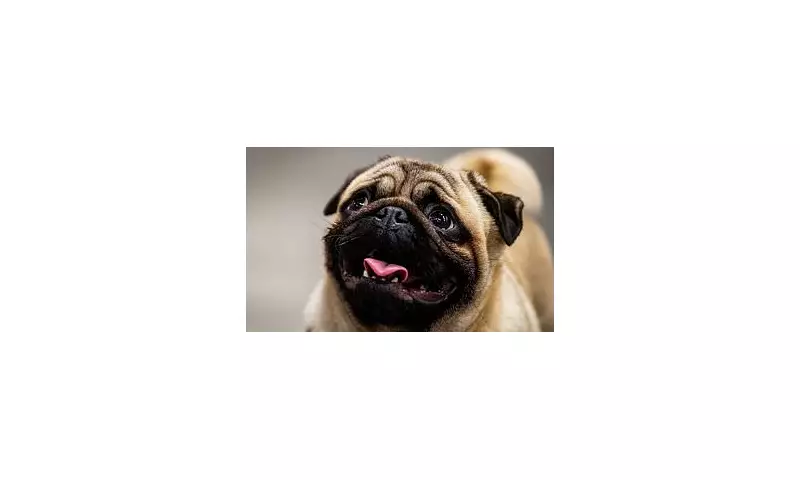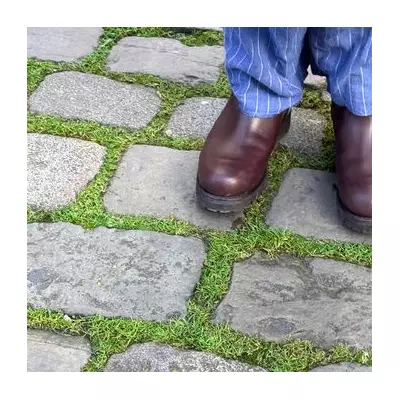
Britain's beloved flat-faced dog breeds, including Pugs and French Bulldogs, could disappear within the next decade under radical new plans to eradicate extreme physical traits that cause chronic health problems.
The Health Crisis Behind Cute Faces
So-called designer dogs with trademark squashed faces have surged in popularity across the UK, celebrated for their distinctive big eyes and wrinkled features. However, these very characteristics are responsible for severe health issues including breathing difficulties, eye problems and spinal conditions that cause significant suffering and can cost owners thousands in veterinary bills.
Scientific research has consistently shown that features like bulging eyes, excessive skin wrinkling and shortened legs directly contribute to reduced quality of life for these animals. Now, a groundbreaking initiative aims to fundamentally change the future of these breeds.
The Innate Health Assessment: A New Breeding Standard
Developed by the All Party Parliamentary Group for Animal Welfare (APGAW), the new Innate Health Assessment (IHA) will evaluate breeding dogs across ten key health traits. Under the proposed licensing requirements for official breeders, only dogs scoring eight or higher out of ten will be permitted for breeding.
The assessment targets specific problematic features including merle colouration, saggy or out-turned eyelids, under or overbite, absence of tail, twisted legs, shortened legs and stiff spines. The standards will become progressively stricter, rising to nine out of ten in five years and a perfect ten within a decade.
Changing Public Perception and Enforcement
Dr Dan O'Neill, associate professor of companion animal epidemiology at the Royal Veterinary College who created the assessment, describes it as a "disruptive action" that will fundamentally change default expectations for breeds like pugs and dachshunds.
"People have been brainwashed into thinking that if a dog is a certain breed then it is healthy," Dr O'Neill told The Daily Telegraph, emphasising the need to shift public buying and adoption trends toward prioritising animal welfare.
While a 2018 law already prohibits breeding dogs with extreme conformations, it remains largely unenforced due to unclear definitions. The IHA aims to provide the necessary clarity, potentially enabling proper enforcement if incorporated into updated legislation. Initially, the scheme will operate voluntarily with support from charities and the Kennel Club, though developers hope to eventually make it legally mandatory.
The ultimate goal isn't to ban specific breeds but to redraw definitions so that animals are born healthy, ensuring future generations of these popular pets can live without the debilitating health issues that currently plague them.





